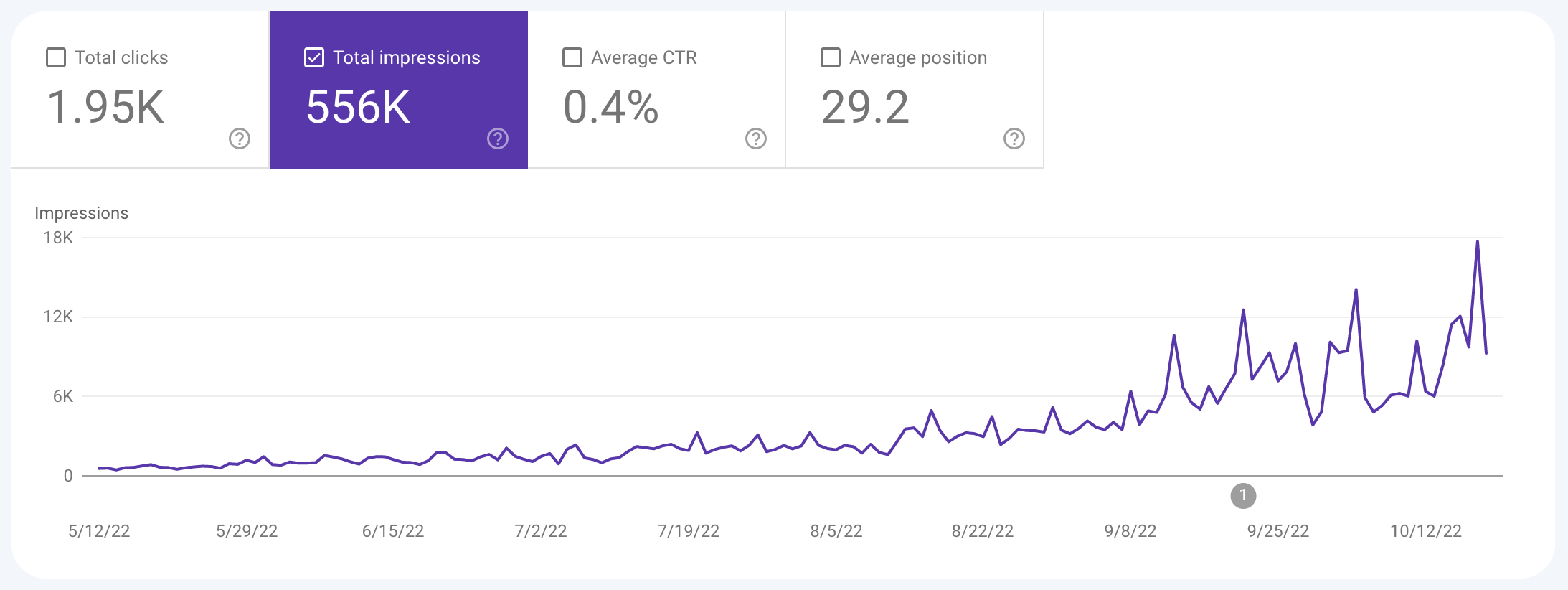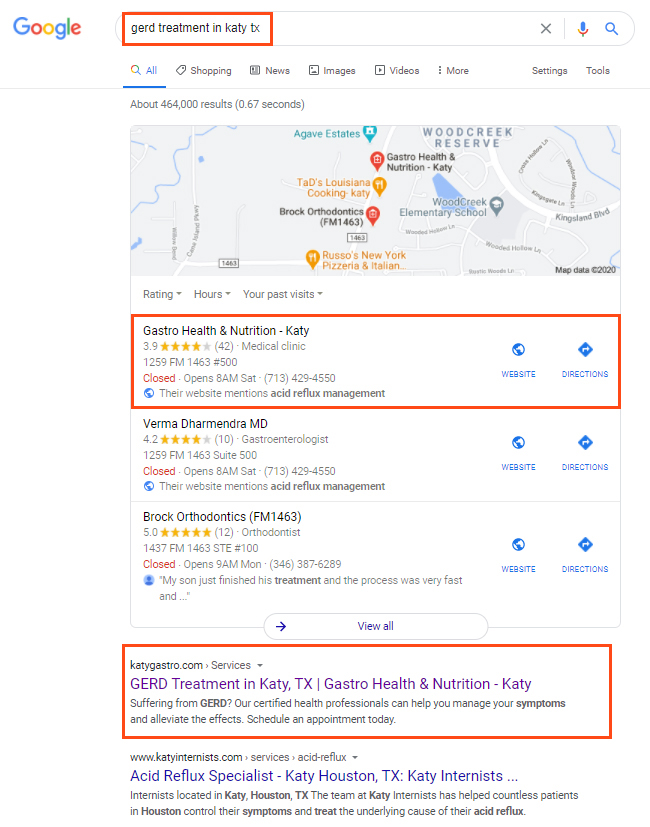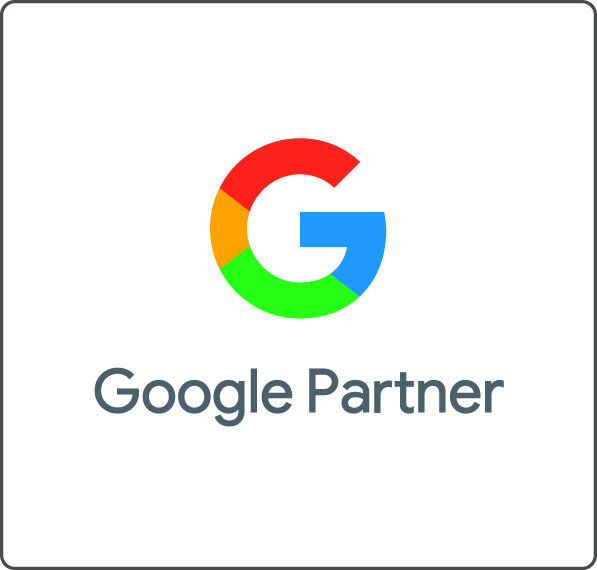When a user types in a search query, the search engine returns a list of results based on what it thinks is most relevant. The higher up your site appears in this list, the more likely people will click on it and visit your website.
This isn’t something that happens by chance. This is SEO.
SEO is vital for businesses that want to attract customers online. Still, with any discipline, it can take time to understand its value. This guide will explain what SEO is and how it works so you can get started with SEO right away.
[ez-toc]
What is SEO?

SEO stands for “search engine optimization.” In simple terms, it is the process of improving your site to increase its visibility on search engines such as Google, Yahoo, and Bing. There are many tactics and strategies to help boost your chances of your website landing on top of the search results.
If you’re familiar with digital marketing, you’ve likely heard of SEO or already implemented it into your marketing strategy. Examples of practices are good content, backlinks, and choosing the right keywords and search terms. A solid SEO plan can help set yourself apart from the online competition.
Other strategies, such as Pay-Per-Click (PPC) and social media campaigns, are also crucial digital marketing tools. Some marketing experts will often choose these two over SEO, especially since they can generate results at a much faster pace.
But – SEO is still king. Why, you may ask? This article will cover the importance of building an organic marketing scheme and why a strong SEO strategy will reap its benefits in the long run. We’ll also discuss how you can start creating your SEO plan with the help of seasoned experts.
SEO vs. PPC
People often confuse SEO and PPC, but they are both different. PPC is a paid advertising strategy (like a digital billboard on search results), whereas SEO is an organic advertising strategy.
SEO is a strategy that focuses on optimizing a website to ensure that it appears as high as possible in search results, as mentioned above. SEO is all about making sure your website, i.e. the content, is readable to search engines, like Google, who are looking for relevant results.
However, it’s not just about getting your website ranked higher—it’s about making sure it performs well for users searching for content related to your business, regardless of where it ranks.
PPC is a type of advertising that allows you to pay for clicks on your ads. You can choose the keywords you want to appear for and then pay when someone clicks on them. PPC can be helpful if you’re looking for immediate results or have a specific audience in mind—like when you’re marketing an event or promoting one-time offers. PPC may also be a helpful channel if your business does not have its website. It may instead sell on another eCommerce platform.
PPC campaigns are generally easier to set up and manage than SEO campaigns. However, PPC campaigns are less effective for long-term brand awareness, so keeping a balance between the two types of campaigns is essential. However, if you have a website for your business, having an SEO plan can help boost their visibility can help your online presence in the long run. More on this later.
Why does SEO still matter?

SEO aims to get your content ranked high on search results pages (SERPs) so that when people search for certain keywords related to your business, they can easily find your website in the organic search results. But there are other reasons SEO is vital for your digital marketing. Here are just a few:
Consumers are more dependent on search results
SEO is a long-term strategy that can help you get more traffic to your website. As long as search engines like Google are still around, it would be best if you still increased your chances of bringing visitors to your website. It’s even become more critical for small businesses looking to attract local customers.
According to a study by Google, 76% of people who conduct a local search on their smartphone visit a business within 24 hours, with 28% of those searches resulting in a purchase. In another study about SEO 83% of searchers use Google Search to learn more about nearby businesses.
For many potential customers, typing into Google is their best channel when looking for products and services – both off and online.
SEO can contribute to long-term business success
SEO is a long-term investment that can grow your business over time. SEO can boost sales and increase brand awareness among potential customers in the long run when done correctly. While other SERP marketing tools can also provide their benefits, an SEO strategy is often a more cost-effective solution.
Unlike pay-per-click (PPC) ads, you don’t pay for each click you receive from search engine optimization (SEO). So if you stop paying for PPC, all of your clicks will stop. However, if you stop doing SEO, you will still get clicks every month.
People trust organic results more than paid
Google’s search results are some of the most trusted in the world. That’s because it’s usually when people search for something on Google. After all, they’re looking for information. So people have grown accustomed to trusting the results that appear when they type a query into Google. But they’ve learned not to trust paid ads. Worse, they often find paid ads misleading.
This has been a recent development, with research suggesting that SEO clicks convert customers at 2.8x the rate of PPC. Regarding generating website traffic, 71.33% of searches resulted in a page 1 Google organic click, and only 15% came from PPC ads.
Paid ads are a great way to get your business noticed, but they have one major drawback: people don’t trust them. On the other hand, they may help get the word out about a new product. Still, an organic build-up of your website will not only help develop your relationship with search engines in the long run, but also develop a genuine trust for the humans searching for content.
SEO drives huge return-on-investment (ROI)
As previously stated above, organic rankings equate to higher-quality traffic. Due to higher conversion rates and a non-linear cost for every website visitor, 49% of marketers believe organic search is their most profitable channel.
Why? PPC requires payment – SEO does, but the investments are often more cost-effective. According to LinkedIn, on average, small and mid-sized businesses spend about $9,000 — $10,000 monthly on PPC campaigns, which would lead to an average investment of $120,000 per year, excluding the cost of hiring a PPC expert. Creating and implementing an SEO strategy rarely costs as much as an annual PPC budget.
Often, ROI goals can easily be met with an effective SEO strategy because the only cost you may need to consider its education or hiring an expert to overlook your organic search results.
What if I don’t use SEO?
The internet is a crowded place.
Every day businesses are moving online, with new websites being developed and an influx of search results on Google’s database. Unfortunately, by not optimizing for SEO, your business is missing out on a huge pool of potential customers who are ready to buy and are looking for the service or product that your business offers. You might have a beautifully well-designed website, killer copy written – but if nobody can find it, it will be hard to attract new customers or grow your business online.
If you spend time creating a website, having an SEO plan is essential for bringing in organic and valuable traffic.
Getting started with SEO
SEO is a vast area of expertise. So many things go into SEO, and it constantly changes whenever Google updates its algorithm. So it’s not something you can learn overnight. It takes years to become an SEO expert—and even then, there’s always more to learn!
When it comes to an effective SEO plan, you will have the ensure you keep track of the following:
- Keyword Research
- Technical SEO
- On-page SEO content
- Off-page SEO
Optimizing For SEO By Yourself
Creating an SEO marketing plan is a massive project to undertake, but it’s doable.
There are plenty of SEO tools, including Google products such as Keyword Planner, Google Console, and Google Analytics, to help get you started, as well as helpful courses and programs to give you the ins and outs.
But with many disciplines, learning and working on your website’s SEO takes a village. SEO will need a diverse set of skills, including the ability to analyze data, forecast results, and have a creative flair for words. In addition, many marketing teams across the country will often have a dedicated team of SEO managers, copywriters, and experts working to improve, assess and create content for optimization.
To properly optimize your site for SEO, you’ll need to know all aspects of SEO, including content writing, backlinking, technical optimization (which includes managing the server speed), etc. In addition to learning these skills yourself—which can take months—you’ll also need to hire someone who can help implement them on your site. The gap between where you are now and where you need to be in order to optimize your SEO properly seems ginormous and impossible for most people to jump by themselves!
We all know that SEO is a huge part of any business’s marketing strategy. But it’s also a huge commitment. SEO takes time, so you must be willing to put in the hours. But that doesn’t even cover how much you need to learn about SEO to start. There are many ways to optimize your site, and they change constantly. So you need to stay up-to-date on all of these changes and implement them on your website as soon as possible, or else risk losing customers because your site isn’t performing well in search engines like Google and Bing.
Working With SEO Experts
The truth is that SEO is a lot more complicated than most people realize. It’s not just about having the right keywords in your content or backlinks—it’s about ensuring that every aspect of your website is optimized for search engines.
For example, suppose you’re a local business owner and you have an old website with broken links and pages that are missing titles and descriptions. In that case, Google’s algorithm will see those issues as signs of lower-quality content overall. That means they’ll rank your site lower than one with adequately optimized content and links.
We know how frustrating this can be (we’re all about making things easier for our clients).
But what if there was one thing that could help you accomplish all of this without having to worry about it? What if there was a team of experts who could handle all of the technical details for you, so that you could focus on your passions? A dedicated team of SEO experts who can help elevate your online presence and set you up for success. At the same time, you focus on what matters most! At Building Brands, we cover every corner of the marketing world to make sure our clients get the most out of their advertising.
Our SEO experts are passionate about what they do and can provide the missing link to your website’s success. Click here to learn more about our team and how we can help you with your SEO marketing.










